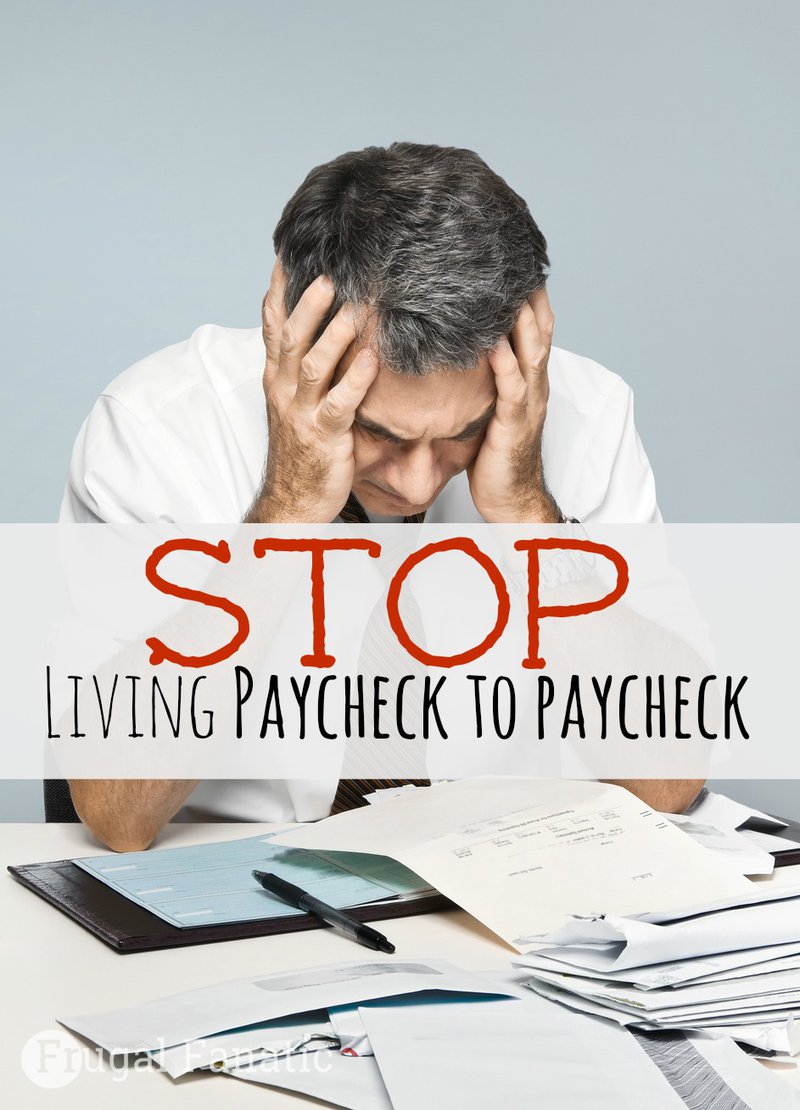Ready To STOP Living Paycheque To Paycheque?
Posted on Wednesday 17 February 2016

An interesting stat shows that 61% of the workforce in and around British Columbia is living paycheque to paycheque. You might be curious as to how you would know if you fit into this category Follow through with our explanation. If you find that you'll run out of funds before the next payday, then you clearly fall within the percentage above. You don't have to fret and proceed to get cash now, relax first.
Of course, it can be challenging when you live paycheque to paycheque. However, there are ways you can stop this endless cycle of stress and worry. If you want to lose the doom and gloom attitude, you have to change your current lifestyle habits. Getting out of debt can feel almost impossible, but as we mentioned, it really is not.
There are many Canadians who have broken free from this cycle and are now living healthier and happier lives. You can too! We've discussed getting a hold of finances and even negotiating a pay raise—but it's more important for you to understand how to manage your money. When you do live this way, you're very limited as to what you can and can't do, which eventually helps you maximize your money.
For instance, Canadian families who are trapped in this way can't plan ahead. There is no way to really plan for an emergency or even think about planning for a vacation. There is simply no time to enjoy and have fun. So, those who want change are curious about the ways forward. The first step is understanding there is a problem that has to be fixed. You might want to begin by getting started with an emergency fund. Let's walk you through some of the other habits that can help.
It's Time To Recognize The Problem And Work On The Solution
So, you're ready to try to break away from this chaotic lifestyle, but not sure where, or how you should start. What steps do you need to take to start making life simpler--easier, and happier? Just one of the first things an individual can do to begin changing and improving their life is shaving away excess expenses.
While you might think there is nowhere to cut back, you'll be amazed to find savings hiding right under your nose! Putting your nose to that grindstone will help you to begin seeing some light, it's a fact! Just because conventional wisdom illustrates everything gets more expensive over time is no reason to live a lifestyle that's not economically viable! The following tips will help you begin on the right financial road!
Tip 1: Start paying bills right upon arrival
Delaying paying your bills on time increases bank fees, especially those late fees! Why not save that money and pay on time? If you begin budgeting and planning appropriately, you can! This should be a first step goal for those wanting to stop the vicious paycheck to paycheck cycle.
Tip 2: Work together, with your significant other
Many couples today share accounts, and more often than not, one doesn't know what the other is doing financially. It is time to start working together to plan and save. Go over your bills together. Go over what budget you can both live with monthly. Split your spending and stick to that spending budget. Both people should always be held accountable!
Tip 3: Educate and learn some basic skills If you could learn some basic plumbing, carpentry, home improvement—imagine how much you could cut back and save! You wouldn't have to forsake quality materials either, because you'd be cutting out that expensive middle man! It's a smart decision and one you'd be glad to have! Then you can even learn some investing skills to take things to the next level.
Put a cap on non-essential spending Just because you have the money available doesn't mean you should waste it, does it? Putting a cap on monthly spending can save a potential $200 a month for most! If you don't need it, don't get it! Most people are discovering they become dissatisfied with spur-of-the-moment purchases. Save the money for something more useful!
Break the living paycheque to paycheque cycle and streamline your finances! You'll be far happier and far healthier if you do so today!
Recent Posts
- Defining Compound Interest in Personal Finance
- What Credit Score Does It Take To Buy a Car
- How Often Does Credit Score Update: Credit 102
- What is the Average Credit Score for Canadians?
- How To Manage Someone's Finances With a Financial POA
- What is Considered an Asset in Personal Finance
- How To Organize Your Finances for Budgetary Security
- Cash Stuffing With the Envelope Budgeting System
- Budgeting 101: Tips for Your Financial Future
- Learn How To Find When Your Cash Advance Limit Reset Occurs